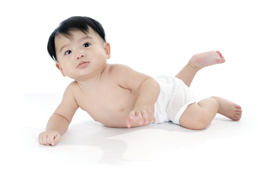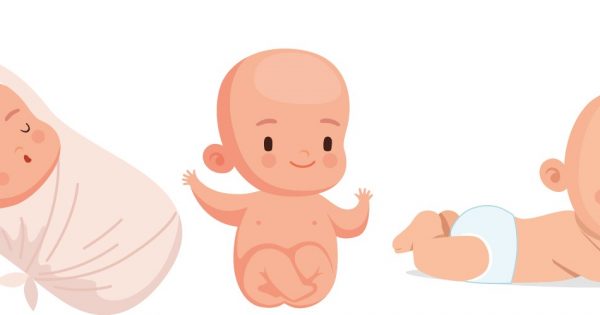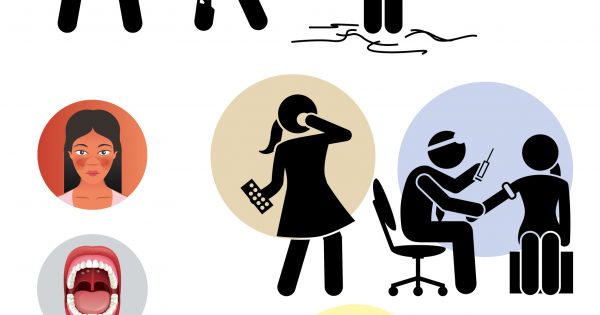The first five years of a child’s life is the most critical period, where his progress is measured by the achievement of physical and developmental milestones. Although children generally develop and grow at their own pace, it is very important to watch out for any potential delays in development during this period. Parents should closely monitor the cognitive, motor, social and language skills of a child in order to prepare the child for the next stage of childhood. Careful monitoring could help parents detect a problem that may require medical attention.
What is a developmental milestone?
Developmental milestones describe the process that children go through in skills development at certain ages in life. Rolling over, crawling, walking, and talking are considered important milestones that a child should achieve by a specific age. Hearing, vision, manual dexterity, social behavior and play are als skills that children should achieve as part of the growing process.
Development delays occur when a child fails to reach these milestones by the expected time. For example, the estimated time for learning to walk is between 9 to 15 months, but if a 22-month-old child has still not started walking, this is considered a developmental delay.
Tracking progress
Childhood milestones go through five main areas of development: physical development (fine and gross motor skills), social skills, language/communication, self care skills, and cognitive skills. Below are a few examples of developmental skills that are normally achieved by a child within the predicted time-frame:
| Child’s Age | Developmental Areas | ||||
|---|---|---|---|---|---|
| Social Skills | Self – Help | Gross Motor | Fine Motor | Language / Communication | |
| Birth – 6 months | Can smile and distinguish his mother from others. | Can use his thumb or pacifier | Can raise head and chest when lying on stomach. Can roll around on his stomach. |
Can grasp objects with one hand. Reaches for faces. |
Babbles, laughs and tries to imitate sounds. |
| 6 – 12 months | Responds to own name. Pushers unwanted things aways |
Can pick forks and spoons up. | Can crawl on hands and knees. | Can pick up small objects with both hands and transfer toys from on hand to the others. | Can understand phrases like ‘yes-yes’ and ‘no-no’. Makes sounds like ba-ba, da-da |
| 12 – 2years | Usually responds when being corrected. Can play social games like “peek-a-boo”. | Eats with fork and spoon Insists on doing things on his own. |
Walks with and without support Walks independently. Can run well. |
Can turn pages of picture books one by one. | Can name familiar objects. Can say “Mama” and “Dada”. Talks using 10words. |
| 2 – 3 years | Engages in social play with other children. | Can dress up with help. | Can climb on ladders and slides. | Can draw circles or squares. | Speak clearly and in multiword sentences. |
| 3 – 4 years | Plays cooperatively | Can dress up without help. | Rides a tricycle with pedals-support. | Can sort objects by shape and colours and can cut paper with small scissors. | Asks questions beginning with “Why? When? How?” |
| 4 – 5 years | Able to follow simple rules in board games | Goes to the toilet without help. | Can jump, hop and skip. | Draws a person that has a head,eyes, nose, mouth, ears. | Can count 10 or more objects. |
Overcoming a developmental delay
Some children may be slower in reaching some of the developmental milestones. Hence, parents should not be overly worried as some children take their own time to grow. However, if the delay is for a few months from the estimated time-frame, consult your child’s paediatrician or a trained specialist to find out if he has any medical or developmental problems. Take all the necessary steps in order to help your child enter the next stage of childhood.







Comments